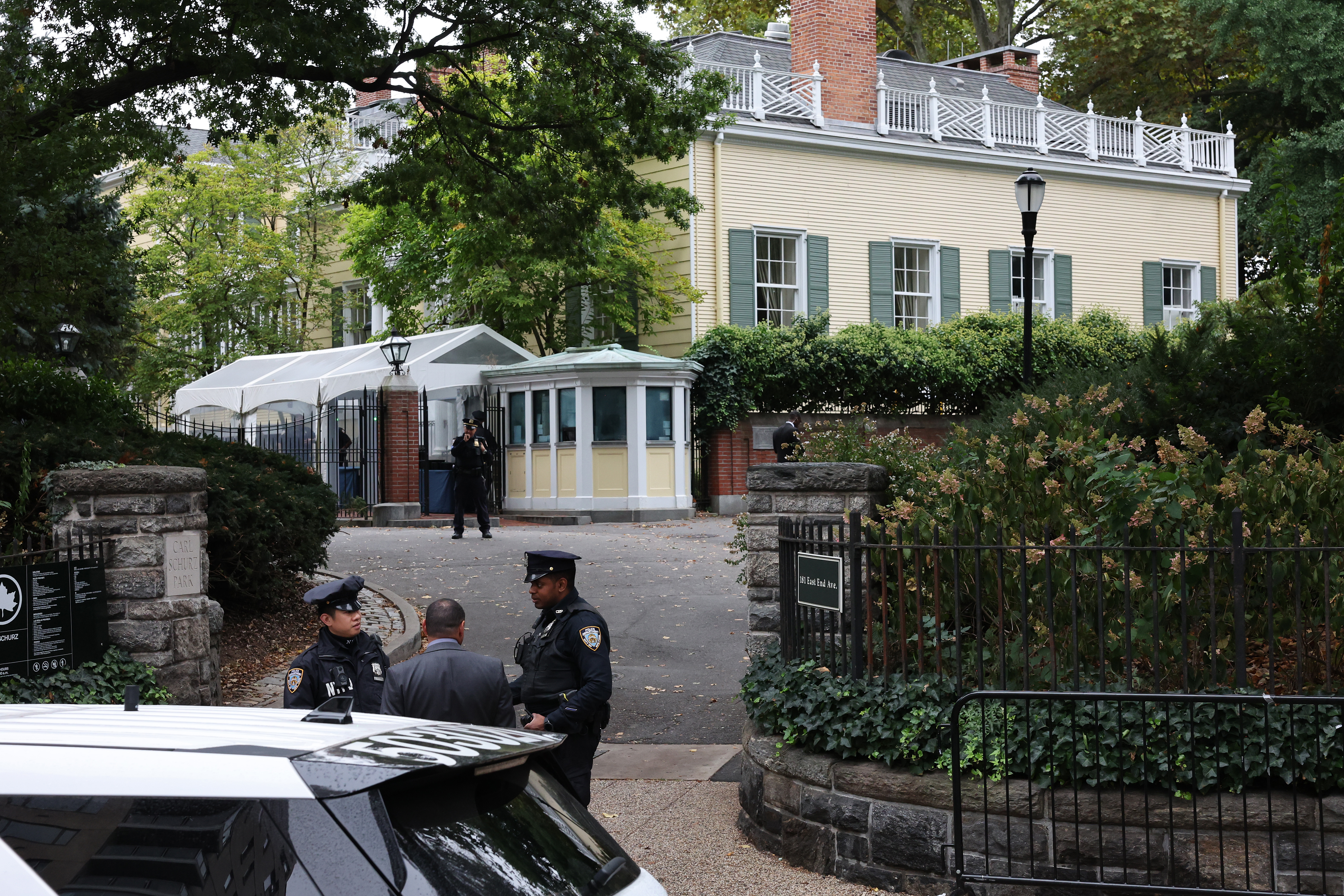Taking a bite al fresco in the Big Apple doesn't appear to be going away anytime soon.
The New York City Council on Thursday passed a bill, by a 34-11 vote, to make outdoor dining a permanent part of the city. The major change for restaurant owners: outdoor dining won't be allowed year-round.
Each November, outdoor structures need to be taken down and will be allowed to be reconstructed in April. Not being able to keep the structures up through the winter months came as a shock to owners like Leo Krkuti.
"The first thing I said to myself was 'I invested so much in building this and now for it to just be taken out...'" said Krkuti, owner of Traditas Pizza.
Get Tri-state area news delivered to your inbox.> Sign up for NBC New York's News Headlines newsletter.
Councilmember Marjorie Velazquez, the sponsor of the bill, acknowledged the long road and compromise that led up to Thursday's vote. Street-based structures will only be allowed April to November, a sticking point Velazquez said was a major point of contention during months of negotiations.
"There's a lot of compromise in here, I'm not gonna lie about that. But at the end of the day we're just focused on what it really is going to do: providing good jobs, giving our restaurants access to it, for it to be affordable," Velazquez said.
Mayor Eric Adams is expected to sign the bill into law, then the Department of Transportation will go through the rule making process and gather input from the public on the fine print details, including standard design of the structures.
News
"I'm happy that they're giving us the leeway to voice our opinions, because there's things we understand about this that they might not," Krkuti said.
The bill allows sidewalk seating outside restaurants all year long. The permit process is also expected to be cheaper for restaurants and the application process easier for those eager to apply.
There's no exact timeline for implementing the new rules, and the legislation allows for a transition phase-in period.



